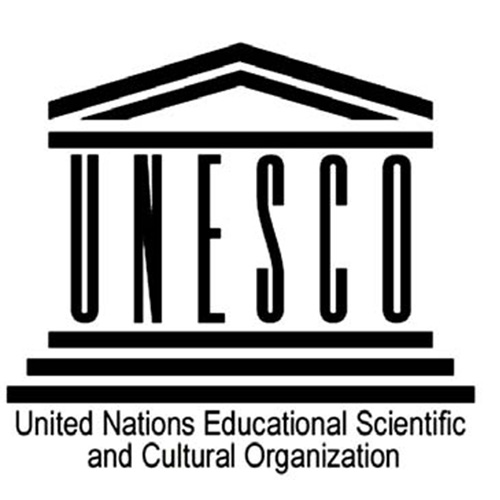(Offre en anglais) UNESCO calls for research proposals: Social media and youth radicalization in the digital age Retour vers les opportunités
Organisation des Nations Unies pour l’Education, la Science et la Culture
Lance Appel à candidaturesÉchéance
24 Mars 2016 Il y a 10 ans
Partager l'opportunité sur
Détails de l'opportunité
UNESCO launches a call for research proposals to provide a global mapping of research into the assumed roles played by social media in radicalization processes in all regions. The research should also examine ongoing steps being taken to counter radicalization, and provide an in-depth analysis on their potential impact on online and offline freedoms. Building on these empirical findings, the study should also include recommendations for various actors including state actors, Internet companies, news media, civil society and researchers.
The research shall be written in English or French at mother-tongue level, in the form of a policy paper that will be drafted in a style targeting UNESCO’s constituents (Member States and policy makers as well as private sector, media and civil society actors in fields and areas related to UNESCO work and mandate). The final study will be published and distributes in print and electronic formats. The research shall comprise at least 100 standard pages (minimum of 320 words each) excluding annexes and bibliography.
The final research will likely be published as part of a new UNESCO’s Series on these issues and budget allowing, will be translated to all six UN official languages, which will inform UNESCO’s 195 Member States and other international policy-makers on intermediaries-related policy making to promote online freedom.
The proposed study will focus on the following three areas:
1. Global mapping of research into the role of social media in radicalization process in all regions.
As radicalization is a global phenomenon, the study will firstly conduct a global mapping of research findings about the roles that social media, in the context of the wider media ecosystem, are assumed to have played in the radicalization process in different regions. An empirical and evidence-based approach should be taken in order to collect materials and cases from all regions, building on an extensive review of diverse literature and existing studies in multiple languages and regions. The category of social media will include both global platforms as Facebook and Twitter, as well as regional alternatives or variants. The function of social media and racialization will be analyzed in terms of its specificity and interaction with news and entertainment media and their diverse effects.
2. An analysis of counter-radicalization measures and their impact on online freedoms
The study will provide information on the current efforts and various counter-radicalization measures (both negative and positive) being taken by governments, social media companies and other actors in different parts of the world. The study will focus the analysis on the challenges of protecting privacy and freedom of expression online and offline including on issues like removing content, blocking websites, requesting data from intermediaries, creating and disseminating counter-speech and narratives, provision of alternative platforms, etc. The analysis will examine various elements at stake and discuss challenges for different stakeholders including governments, judicial system actors, the private sector, civil society, media organizations, etc, in combating radicalization and terrorism and protecting human rights. Attention will also be given to identifying other unintended consequences of these measures and their impacts.
3. Recommendations
By drawing on the findings of the literature review and analysis of the impacts of counter-radicalization measures, the study aims to provide recommendations and share good practices for governments, judicial systems, law enforcement agencies, Internet companies, news media, civil society, individual users and researchers in balancing de-radicalisation measures and the protection of human rights.
Multi-stakeholder Advisory Committee
Given the global reach and complexity of the subject, it is recommended that a research venture establish an advisory committee which is composed of men and women experts from all regions including developing countries, for providing inputs and comments at each stage of the research. The Advisory Committee should be multi-stakeholder in character, bringing together governmental, industry, technical and civil society. The role of the Committee will be to guide the scientific and administrative development of the study. Its input may be required to make suggestions at different stages of the project, help raise funds or present the study’s findings publicly.
Time Frame: 12 months (with the first draft to be submitted by September 2016)
Background note Social media and youth radicalization in the digital age (PDF)
L'opportunité a expiré
Cette opportunité n'est malheureusement plus disponible sur Jamaity. Visitez régulièrement la rubrique opportunités pour ne plus en rater.
Contacts
Paul Hector
Programme SpecialistPlus d'informations
Lien de l'opportunitéSuivez Jamaity sur LinkedIn
Obtenez Jamaity Mobile dès maintenant

Appel à candidatures Publié sur Jamaity le 26 février 2016
Découvrez encore plus d'opportunités sur Jamaity en cliquant sur ce lien.

